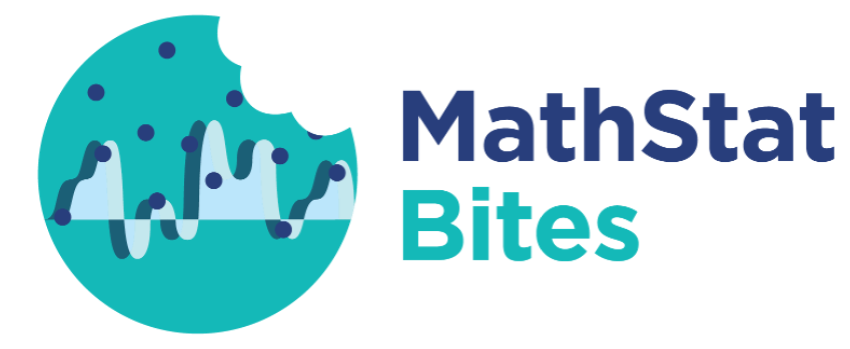A balanced excited random walker returns home
Title: Balanced Excited Random Walk in Two Dimensions Authors and Year: Omer Angel, Mark Holmes, Alejandro Ramirez; 2023 Journal: Annals of Probability Will balance and excitement always lead a random walker home? A new paper in the Annals of Probability attempts to answer this question and explores paths along the way. Random Walks Imagine you moved into a new neighborhood and you are excited to go on a walk to explore. The neighborhood is arranged in a grid structure, so at each intersection you have four choices for which direction to take: left, right, forwards, or backwards. Since you don’t know where you’re going, you decide to use some randomness to pick which direction to take. This is a random walk: a type of random process that is just a succession of steps on some sort of graph according to some probabilistic rules. The neighborhood grid gives a walk in…
Playing Games Can Make You Smarter
Mathematics is a subject that many may be afraid of. Probability can be a challenging topic for many, even those with a strong background in mathematics.Even at the undergraduate level, many learners struggle with concepts like conditional probability.Conditional probability is a measure of the probability of an event occurring given that another event has already occurred. The authors have attempted to make the process of learning the concepts of conditional probability with the help of games, like the very famous Monty Hall problem.
How Adopting Reproducible Practices Can Benefit Data Science Education
As the fields of statistics and data science have grown, the importance of reproducibility in research and easing the “replication crisis” has become increasingly apparent. The inability to reproduce scientific results when using the same data and code may lead to a lack of confidence in the validity of research and can make it difficult to build on and advance scientific knowledge.
